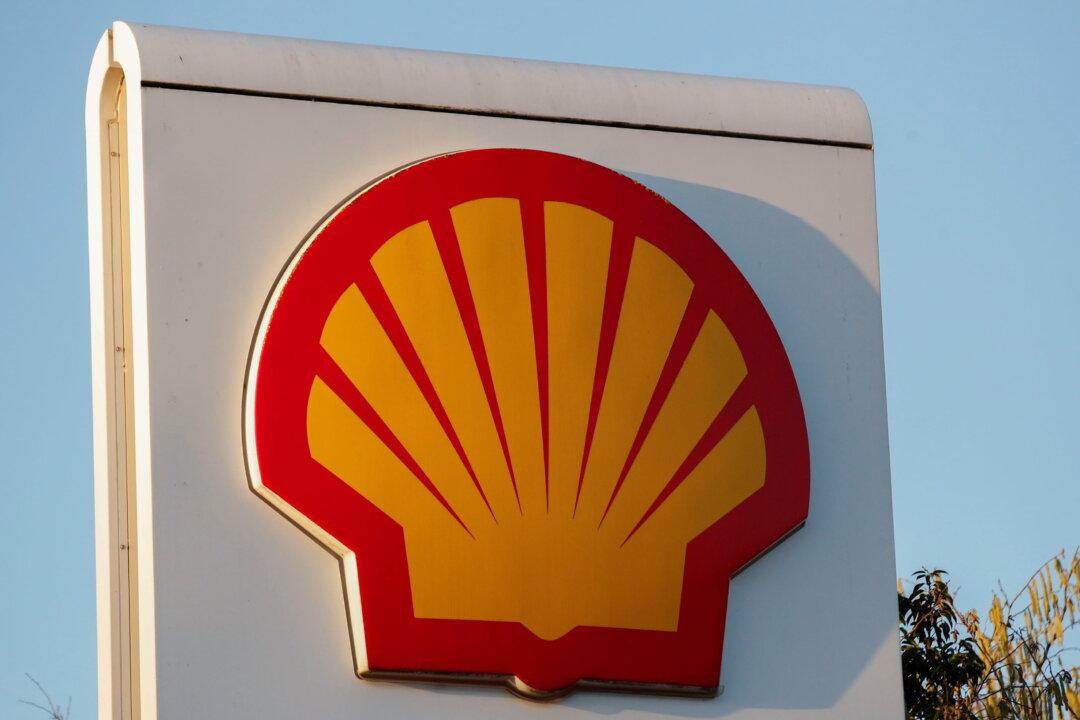Shell is set to take a $4 to $5 billion hit from exiting Russia in the wake of its invasion of Ukraine, the company announced on April 7.
The oil giant announced early in March that it planned to pull the plug on operations in Russia and would exit its joint ventures with Gazprom, the Russian state-owned energy corporation, and its related entities, and withdraw from the 50 percent stake it holds in Salym Petroleum Development and the Gydan energy venture, two projects in Siberia.




